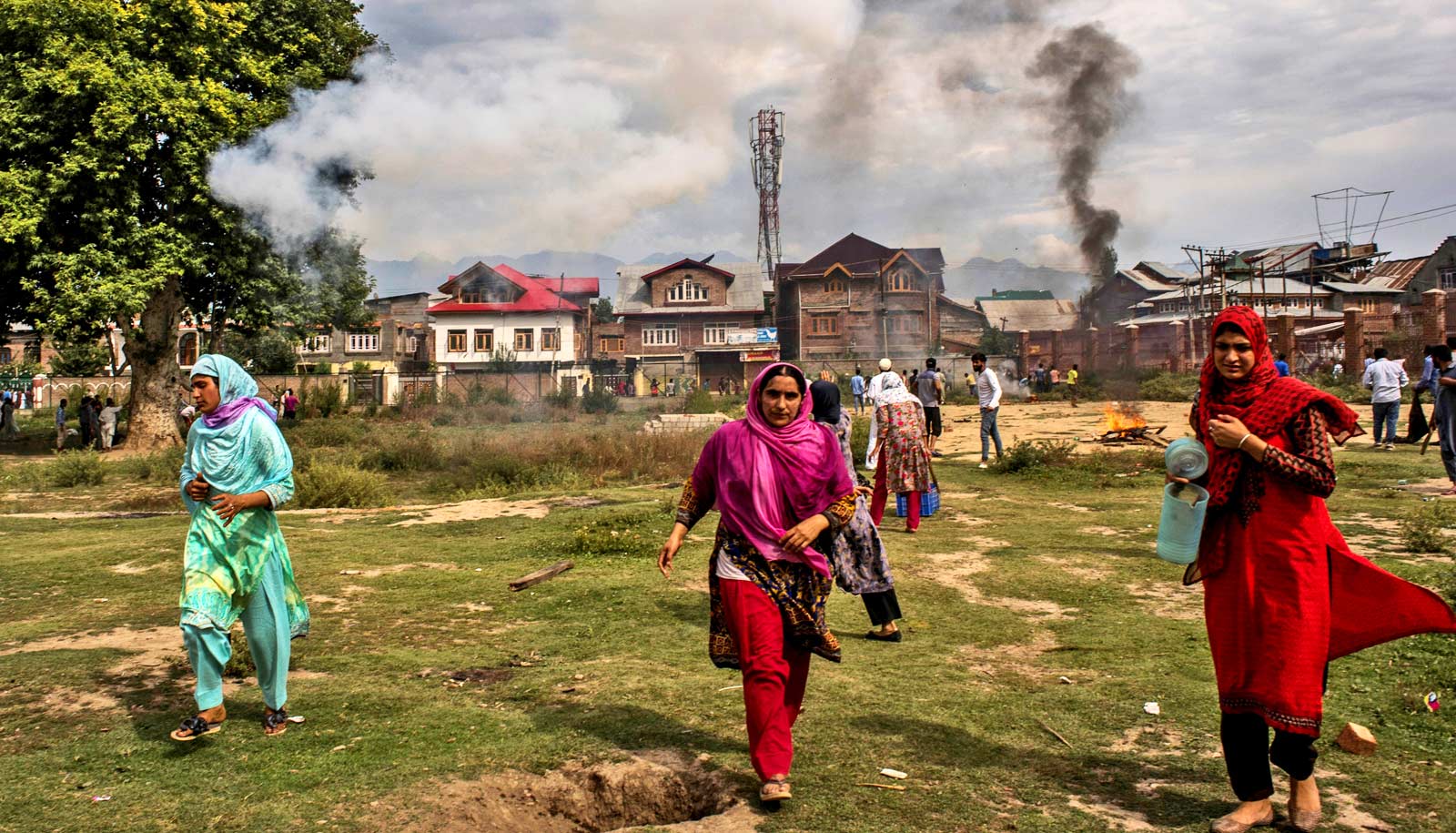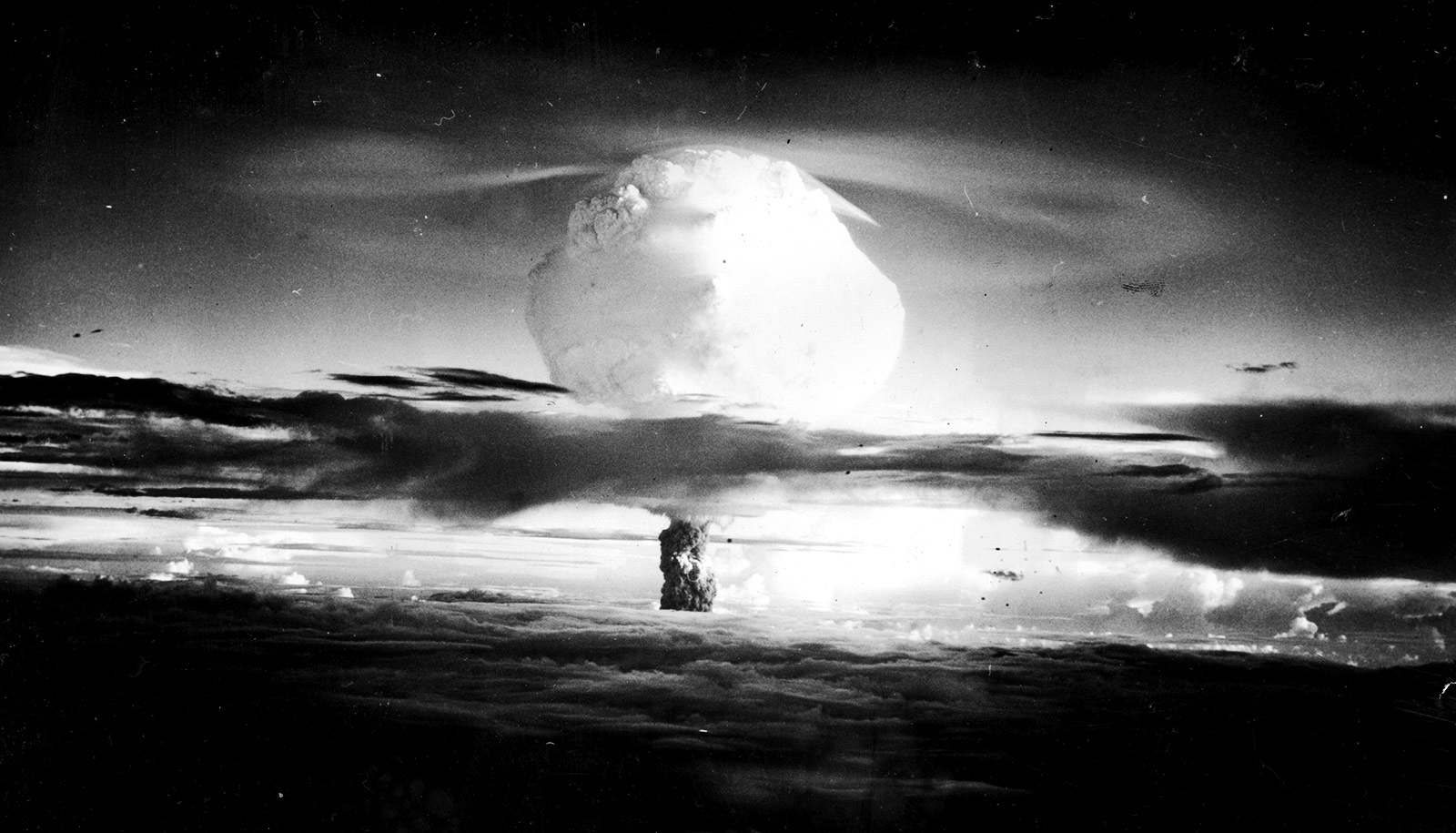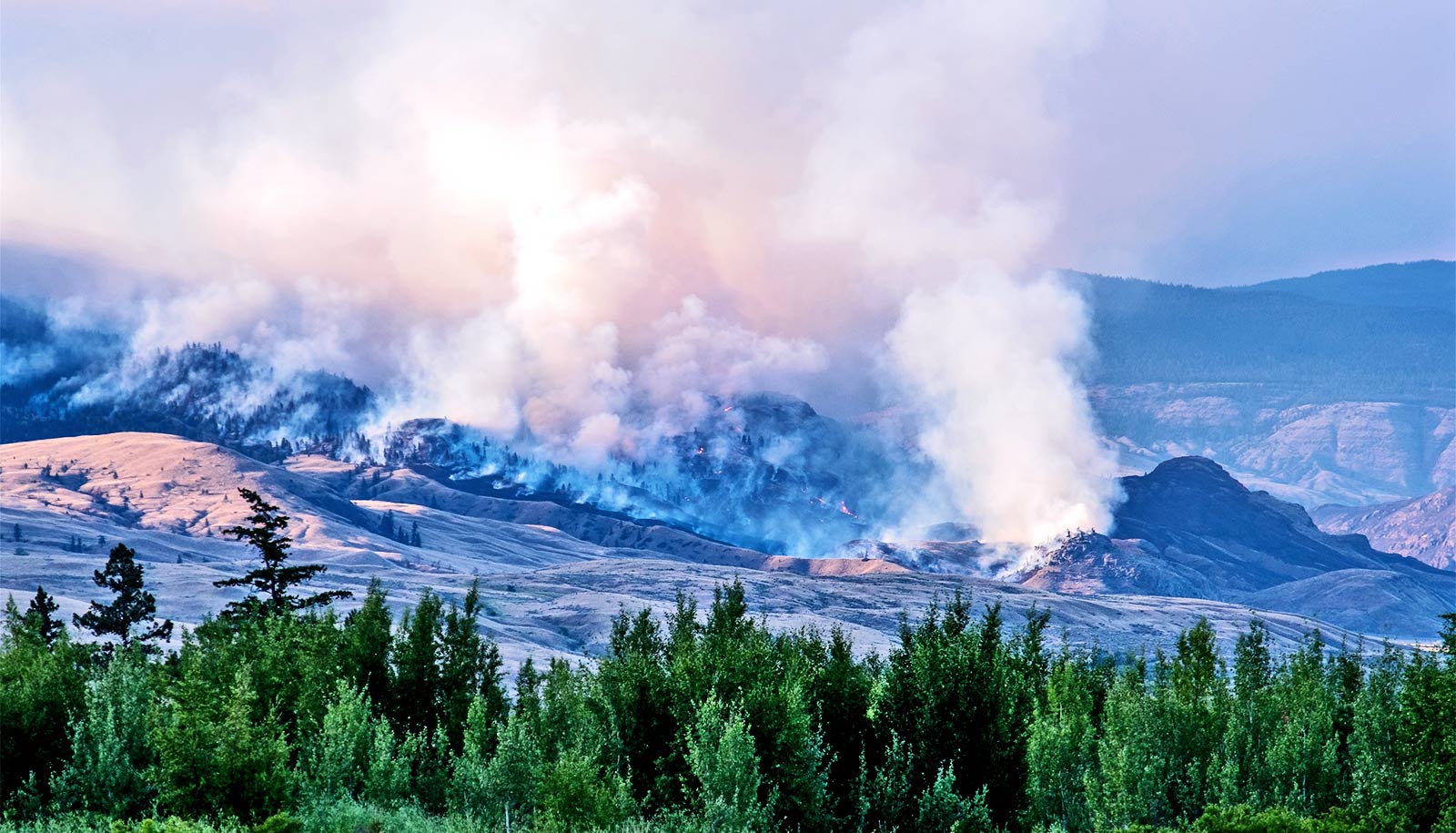More than 100 million people could die immediately if India and Pakistan wage a nuclear war, followed by global mass starvation, according to a new study.
“Such a war would threaten not only the locations where bombs might be targeted but the entire world,” says coauthor Alan Robock, a professor in the environmental sciences department at Rutgers University-New Brunswick.
Researchers looked at a war scenario that could occur between India and Pakistan in 2025. The neighboring countries, which both place claim and have fought over the Kashmir territory, could have a combined 400 to 500 nuclear weapons by then. Skirmishes continue to this day.

The research found that fires exploding nuclear weapons would ignite could release 16 million to 36 million tons of soot (black carbon) in smoke that would rise into the upper atmosphere, spreading around the world within weeks.
The soot would absorb solar radiation, heating the air, and boosting the smoke’s swift rise. Sunlight reaching the Earth would decline by 20 to 35%, cooling the surface by 3.6 to 9 degrees Fahrenheit (2 to 5 degrees Celsius) and reducing precipitation by 15 to 30%, with larger regional impacts.
Vegetation growth would decline by 15 to 30% on land and ocean productivity would decline by 5 to 15%. Recovery from all these impacts would take more than 10 years because the smoke would linger in the upper atmosphere.
“Nine countries have nuclear weapons, but Pakistan and India are the only ones rapidly increasing their arsenals,” Robock says. “Because of the continuing unrest between these two nuclear-armed countries, particularly over Kashmir, it is important to understand the consequences of a nuclear war.”
Researchers say the weapons in 2025 could range from 15 kilotons in explosive power—equivalent to 15,000 tons of TNT, the same size as the US bomb dropped on Hiroshima in 1945—to a few hundred kilotons.
If India used 100 strategic weapons and Pakistan used 150, an estimated 50 to 125 million people could die from the direct effects, with additional deaths from mass starvation possible worldwide.
“Nuclear weapons cannot be used in any rational scenario but could be used by accident or as a result of hacking, panic, or deranged world leaders,” Robock says. “The only way to prevent this is to eliminate them.”
The results provide more evidence to support the 2017 UN Treaty on the Prohibition of Nuclear Weapons, which led to the 2017 Nobel Peace Prize awarded to the International Campaign to Abolish Nuclear Weapons, Robock adds.
The study appears in the journal Science Advances.
Additional researchers from Rutgers; the University of Colorado, Boulder; the US National Center for Atmospheric Research; the Federation of American Scientists; the Natural Resources Defense Council; the University of Texas Rio Grande; and the University of California, Los Angeles contributed to the work.
Source: Rutgers University



